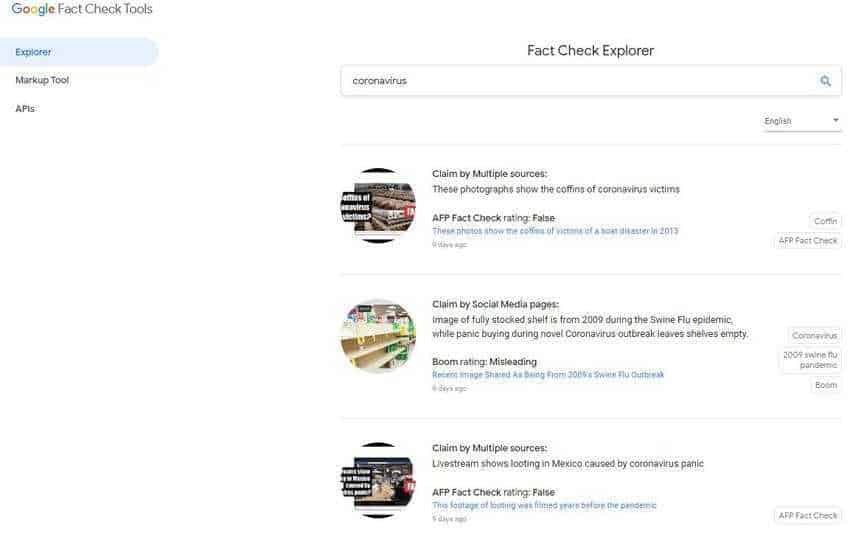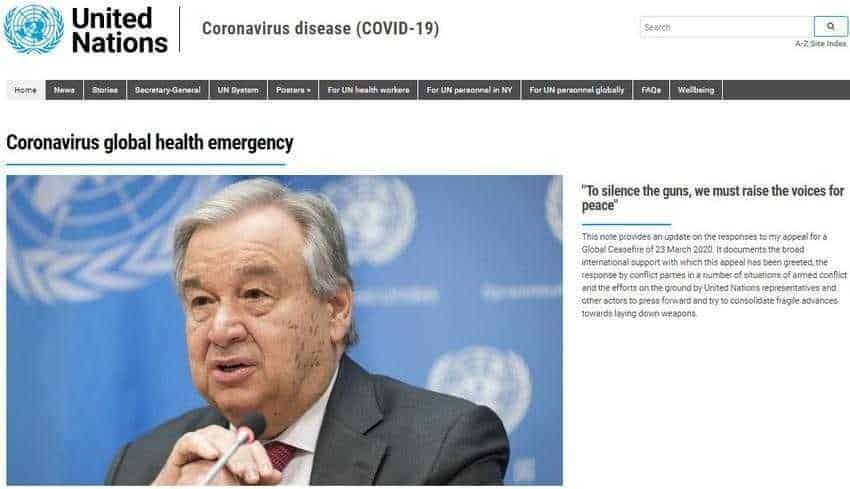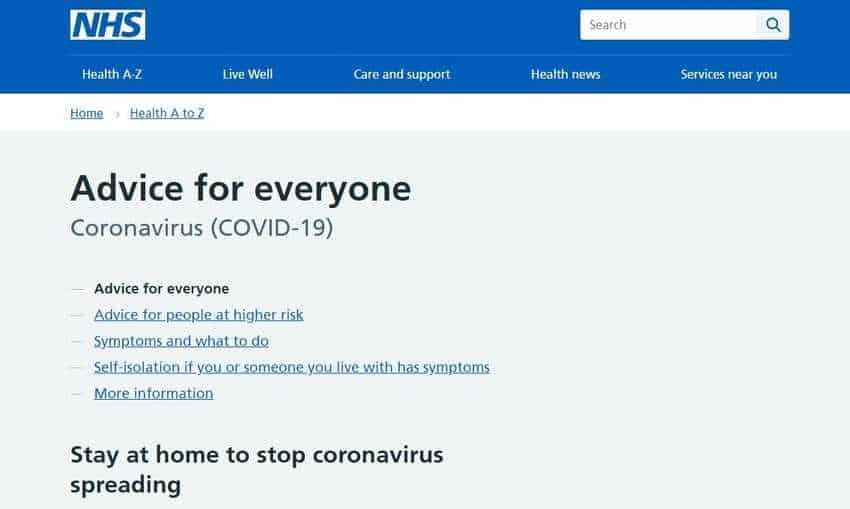In times of crisis like now with covid-19 misinformation runs rampant, as the shrewd take advantage of the panic. The internet because it is vast and that everyone user he can write his opinion for free and easily, it favors pluralism and democracy, but it is also the best source of misinformation.
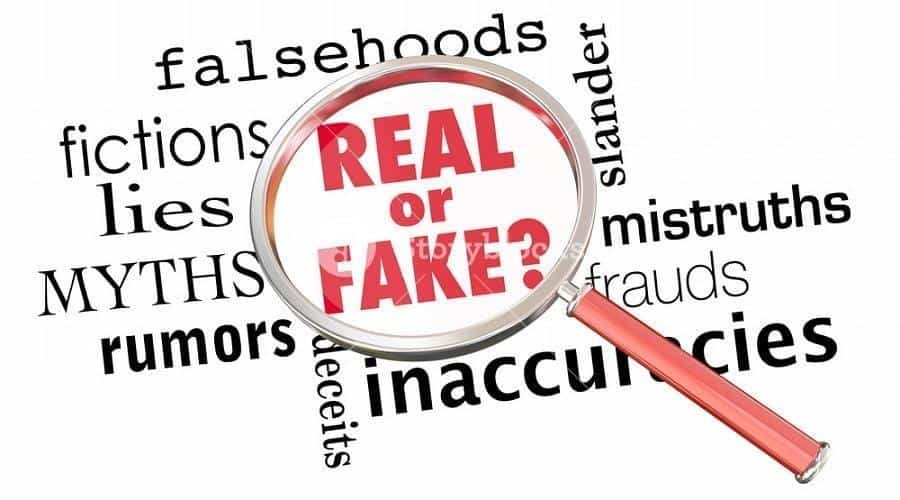
Considering that there are so unreliable information about covid-19 and the resulting disease, how do you know what to trust? A wrong piece of information can even turns out to be deadly. The only way to prevent misinformation is to judge yourself and your research.
Are there reliable sources on the internet for research? Of course there are. See below the most authoritative sites for information on the coronavirus pandemic and covid-19. Those of you who like stories about global conspiracies, or believe in flat or hollow Earth, they think they are spraying us, they are angry with HAARP, they claim that 5G came out to check us etc, better not to continue reading. Waste of time.
1. Johns Hopkins Coronavirus covid-19 distribution map

The Coronavirus Map from the Center for Systems Science and Engineering (CSSE) at Johns Hopkins University is one of the first, most reliable and up-to-date sources for information on coronavirus spread.
The map tracks the number of cases, deaths and recurrences for all countries around the world.
Alternatively, we recommend Worldmeter, which contains graphs but also a very detailed interactive table with all cases of cases, new cases, deaths, new deaths, recovery, active cases, serious cases, tests, etc.
2. Website of the World Health Organization
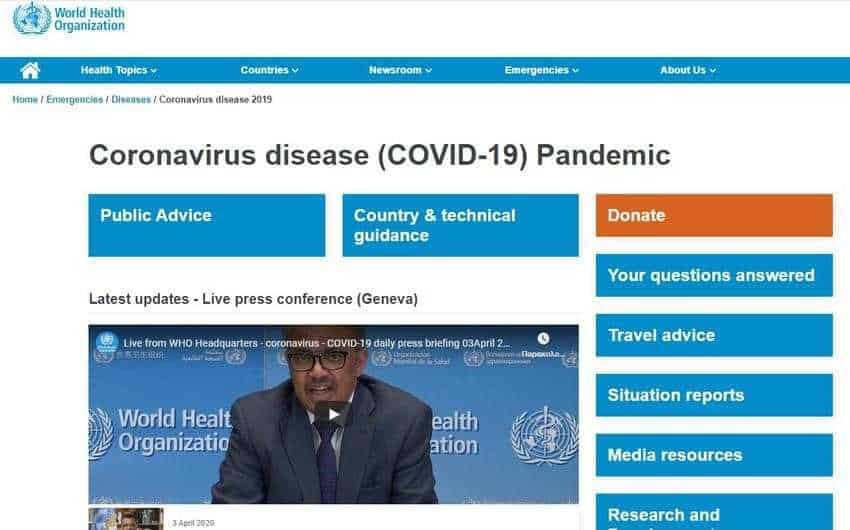
Although the World Health Organization (WHO) does not always have the latest figures on the spread of coronavirus, it does have reliable information on precautions, new research, travel tips and frequently asked questions.
The site serves as a hub for global developments in the pandemic, as well as for the latest developments and statements of the organization.
3. European Center for Disease Prevention and Control
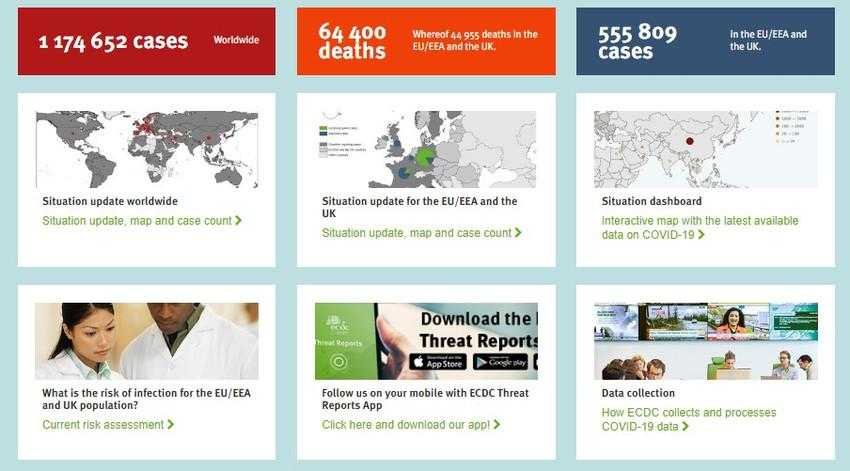
For those living in the European Union, the European Center for Disease Prevention and Control (ECDC) provides updates from your country's health service. The site outlines the latest developments regarding the coronavirus pandemic, with global and regional data.
Like other healthcare websites, the ECDC website provides answers to questions, infographics, and facts about the virus and the disease it causes.
4. World Health Organization: Myths of the coronavirus
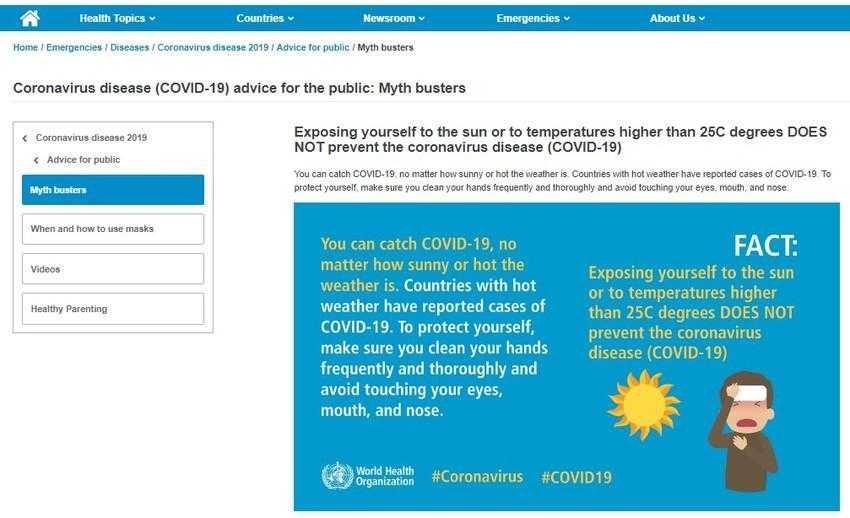
The WHO General Website is useful for information on covid-19. But it also has an area, the myth-busters, which is worth mentioning separately and which explores the myths. The sub-site dispels the myths and fake news that unfold during this crisis.
The sub-site explains common misconceptions about how and when the virus spreads, precautions and other areas of misinformation. It even has a specific section dedicated to when and how to use masks. A topic that has been discussed quite recently.
Google's Fact Check Explorer website, although not recently updated, can be consulted for coronation fact-checking by Google on coronavirus. The site publishes fake news from various sources, including social media, and provides a fact-checking analysis by reputable organizations and groups.
For the Greek language, it essentially rebroadcasts all the research of the Ellinika Hoaxes website. You can, if you wish, change the language and see the research done by other groups and organizations that Google trusts.
The United Nations website is another international source of information on the pandemic. Instead of focusing solely on health-related aspects of the pandemic, the website is documenting its impact on vulnerable groups and nations.
The site includes tips for living in the home, as well as information on the UN's global efforts to help those living in poverty or hard-hit countries.
For those living in the UK, the National Health Service (NHS) website not only provides information on how to prevent the spread of the virus, but also describes the rules of isolation at home.
The NHS website also provides contact numbers for those experiencing symptoms of the virus, as well as advice for those seeking medical advice not related to covid-19.
8. Coronavirus CDC Portal
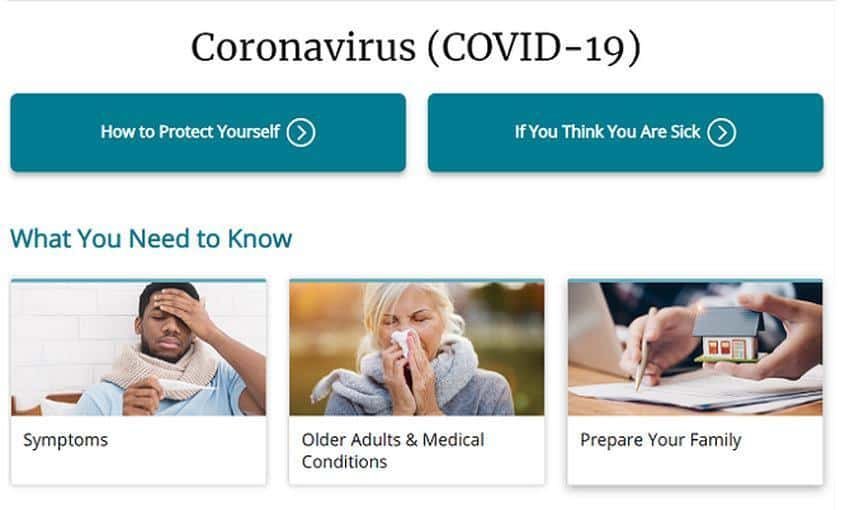 The CDC (Centers of Desease Control and Prevention) website is owned by the US Centers for Disease Control and Prevention and provides Americans and worldwide with information on what to do if you are ill.
The CDC (Centers of Desease Control and Prevention) website is owned by the US Centers for Disease Control and Prevention and provides Americans and worldwide with information on what to do if you are ill.
The site also provides information on the spread of covid-19 in all US states, what symptoms to look out for and what the risk groups are.
Alternatively you can see it US National Institutes of Health (NIH), which provides relevant information worldwide. It also has posters and videos explaining the virus.
Another American website is hers Food and Drug Administration (FDA). The FDA website covers much of the same information as other health sites, as well as studies on possible treatments.
9. Official distributors of national governments
Most countries affected by the coronavirus pandemic have their own local website that provides information about the pandemic.
For the countries we have not already covered in this list, there are corresponding national websites that citizens can use to obtain official information.
These include:
Canada: Public Health Service of Canada
India: Government of India
South Africa: South Africa Resource Portal
China: National Health Commission of the People's Republic of China
Japan: Japanese Ministry of Health, Labor and Welfare
South Korea: South Korean Ministry of Health and Welfare
Australia: Australian Government Website
Mexico: Mexico website
Hellas: Ministry of Health
How to avoid false news and misinformation about the coronavirus
Apart from the fact that you have to rely on reliable sources of information, there are a few other things you can do to avoid the fake news and misinformation surrounding the covid-19 pandemic.
- Verify the source and content of videos and photos that claim to show lockdown or pandemic conditions. Old ones photos often used with a new description. For example, images of outdoor beds after an earthquake in Croatia were shared claiming to be images from Italy's coronavirus pandemic.
- You only read news from trusted and verified organizations news που εκδίδουν ανακλήσεις ή διορθώσεις όταν οι πληροφορίες είναι εσφαλμένες. Το site kyra-katina.news προφανώς και δεν είναι αξιόπιστο, αφού δεν ελέγχεται από κάποιο ειδησιογραφικό οργανισμό, δεν είναι υποχρεωμένο από κανέναν να κάνει ανακλήσεις όταν γράφει αρλούμπες, και χρησιμοποιεί τίτλους και φωτογραφίες που έχουν σαν σκοπό μόνο τα κλικς.
- Avoid the opinions and claims of non-experts. These include columns, but also group discussions, social media posts and more. The best sources of information are scientists and experts who are qualified in the subject matter.
- Avoid her confidence to information related to treatments and health, from businesses trying to sell a product. Scammers selling fake treatments or preventatives are using the pandemic to make money.
- Never trust screenshots or text to images. The way they are written is intended not to be revealed immediately.
Finally, it is important to understand that data and information representations can be processed. Find the original text, photo, graph, etc., from its source. A logo on a photo does not do anything formal, better check the original source. Especially for photos search for the photo in question on Google.




